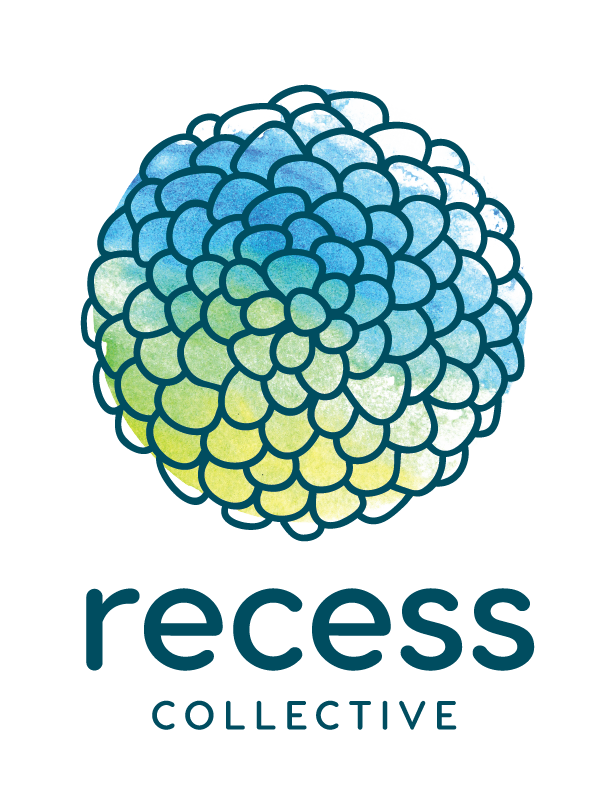Guest post by Sri Bodanapu
Being a mom is hard work! While we focus on ensuring our families are well taken care of, we often tend to neglect our own nutrition needs. And as we know, lack of proper nutrients can lead to a variety of health conditions such as fatigue, stress, weight gain and blood sugar problems. Nutrition can impact how we feel, how our bodies function and our ability to lead a high quality life.
So let’s simplify your nutrition needs by using the Bauman College’s Eating for Health Model. You need protein to maintain/build our muscles and organs, healthy fats to maintain cell integrity, complex carbohydrates as a source of energy and many essential vitamins and minerals to regulate metabolism, blood sugar and cholesterol.
Depending on your health goals, macronutrient ratios can be adjusted so you get your desired nutrition levels. As an example, perhaps you want to work on blood sugar management? In that case, you could increase your intake of clean fats like avocado, flaxseeds, cold water fish, and nuts and lower your intake of carbohydrates. Or you might want to build muscle in which case you would increase your intake of protein from legumes, meat, eggs and simultaneously decrease your intake of the other two macronutrient groups.
Let’s start by using this simple matrix to build your meals. And once you have your ratios figured out, use the cheat sheet below to quickly plug in the relevant ingredients depending on what suits your palate. Also pump up your intake of booster foods which are nutrient dense and have many health promoting properties.
Eating for Health Model*
Eating for Health Ingredients List*
Fine Tuning Your Plan
A second step to optimizing for your nutrition is to focus on any additional needs your body has and increase the intake of specific nutrients. Moms often complain about stress, fatigue and gut health. Here are some important nutrients to address those issues.
Stress
Magnesium
A magnesium deficiency may play a strong role in disrupting the body’s stress system. Best sources are leafy greens, sea veggies, black beans, pumpkin seeds and flaxseeds.
Zinc
It is considered to be a ‘resiliency’ mineral and plays a part in controlling the brain and body’s response to stress. Best sources of food are oysters, red meat, pumpkin seeds, split peas, sesame butter and nuts like walnuts, almonds and pecans.
Fatigue
Iron
1 in 4 women is iron deficient which makes low iron a leading cause of fatigue. Beef liver, ground beef chicken and turkey (use grass fed meat as much as possible) are great sources of iron. For a vegetarian diet eat more lentils, leafy greens, kidney beans and blackstrap molasses.
B12
A deficiency in B12 can be caused by low stomach acid, GI issues and often a vegetarian diet. B12 is mostly found in animal proteins and as such not bioavailable in the vegetarian diet. If you are a vegetarian, the best sources are seaweed, spirulina and nutritional yeast. And apple cider vinegar is a great way to boost that stomach acid and increase the absorption of B12.
Gut health
Fiber
It is extremely important as it improves motility and helps eliminate toxic compounds. A diet rich in fresh fruits and vegetables is key to increasing fiber intake. Taking a combination of soluble and insoluble fiber is important since it not only helps with a consistent bowel movement but also reduces chances of other conditions such as cardio vascular disease and blood sugar dis-regulation.
Probiotic support
Increasing 'good' bacteria will help restore the balance in the gut. Lactobacillus acidophillus and Bifidobacterium infantus, can help heal a compromised gut. Great food sources are yogurt, kefir, tempeh, and fermented vegetables like kimchi and sauerkraut.
As you can see, there is so much that can be done to improve your health. Start small. Make one little change, practice it for 3 days and then add to it. Set yourself up for success so you feel motivated to do more! Eating healthy is not hard - it just takes some planning and can definitely be implemented into your lifestyle!
Interested in learning more?
4 week workshop starts September 22
Join us for an informative and timely class on health and nutrition! Participants will learn the tools necessary to better their health, energy, and performance in the workplace and beyond. Topics such as eating for health, weight management, complex carbohydrates, clean proteins and healthy fats and weight management will be covered in this 4 week workshop. Each class will be one hour long and include a 30 minute lecture, a healthy homemade snack and plenty of time for questions!
Two participants will be offered 4 individualized nutrition consultation sessions and will receive a personalized health plan that includes diet and lifestyle recommendations based on their health and wellness goals!
Cost: 4 week series $40/non-member, $35/member
About the Author and Workshop Instructor: Sri Bodanapu is currently finishing up her Nutrition Consultant degree from the Bauman College of Holistic Nutrition. She has worked in the food industry in a variety of roles and is a firm believer that food can heal and make us thrive. From soaking to fermenting and packing meals with nutrient dense ingredients like nuts and seeds, she believes there are many easy ways for us to eat better. Sri is a mom to a 1.5year old and in her free time obsesses about what to make for her family's next meal.
Questions? Email vaishnavib@gmail.com
*Eating for Health model and Eating for Health Ingredients List adapted from the Bauman College of Holistic Nutrition.
** The purpose of the article is not to provide medical nutrition services, or treat a disease. Rather, I educate people on the benefits of a healthy lifestyle to improve their quality of life.



